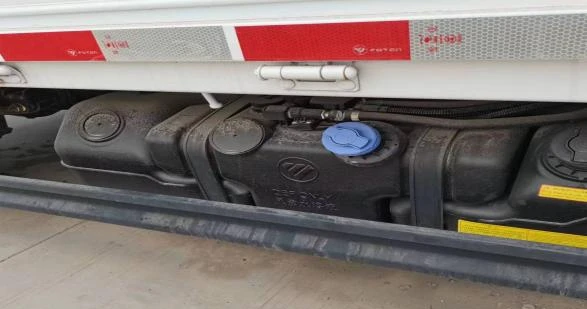heavy equipment leasing
Understanding Heavy Equipment Leasing A Comprehensive Guide
In the construction and industrial sectors, heavy equipment plays a pivotal role in executing projects efficiently and effectively. However, for many businesses, purchasing these large machines outright can be a significant financial burden. This is where heavy equipment leasing comes into play. Leasing offers a flexible and cost-effective alternative, allowing companies to obtain the equipment they need without the high upfront costs associated with purchasing. In this article, we will explore the various facets of heavy equipment leasing, its benefits, and considerations for businesses looking to adopt this strategy.
What is Heavy Equipment Leasing?
Heavy equipment leasing involves a contractual agreement where a company, known as the lessee, pays a fee to use machinery owned by another entity, the lessor, for a specified period. This agreement typically outlines terms such as monthly payments, duration of the lease, maintenance responsibilities, and options for purchase at the end of the lease term. There are generally two types of leases operating leases and capital leases. Operating leases are typically shorter-term and do not transfer ownership of the equipment, while capital leases allow for the purchase of the equipment at the lease's end.
Benefits of Heavy Equipment Leasing
1. Cost Management One of the most significant advantages of leasing is improved cash flow. Instead of making a large capital expenditure upfront, businesses can spread the cost of equipment over time with regular lease payments. This can free up funds for other crucial operations and initiatives, aiding in cash flow management.
2. Access to Latest Technology The heavy equipment industry is constantly evolving, with new models introduced frequently. Leasing allows companies to stay up-to-date with cutting-edge technology without the risk of equipment becoming obsolete. At the end of a lease, companies can choose to lease the latest models, ensuring they always have access to the best tools for their projects.
3. Tax Benefits Lease payments are often considered operating expenses, which means they can be deducted from taxable income. This can result in substantial tax savings for businesses, making leasing an enticing option for financial management.
4. Maintenance and Support Many leasing agreements offer maintenance packages, which means that the lessor is responsible for repairs and upkeep. This reduces the burden on the lessee to manage maintenance, allowing them to focus on their core business operations.
heavy equipment leasing

5. Flexibility Leasing provides businesses with the flexibility to adjust their equipment needs based on project demands. If a project requires more machinery for a short period, a company can lease additional equipment without being tied to long-term ownership commitments.
Considerations When Leasing Heavy Equipment
While heavy equipment leasing offers numerous advantages, there are important factors to consider
- Total Cost of Leasing Companies must assess the total cost of leasing against the potential benefits. Sometimes the overall expense of leasing can exceed that of buying, particularly if the equipment is needed for an extended period.
- Terms and Conditions Understanding the lease’s terms, including payment schedules, maintenance responsibilities, and penalties for early termination, is crucial. Companies should carefully review these aspects to avoid surprises later on.
- Assessing Needs Before entering a lease agreement, businesses should thoroughly evaluate their equipment needs and project timelines. This ensures that they choose the right type of lease and equipment for their operations.
- Choosing a Reputable Lessor The success of a lease can greatly depend on the lessor. Researching and selecting a reliable company with a good reputation is essential for a positive leasing experience.
Conclusion
Heavy equipment leasing is a valuable strategy for businesses looking to manage costs, access modern technology, and maintain operational flexibility in a competitive landscape. By understanding the terms and evaluating their needs, companies can make informed decisions that align with their financial goals and project requirements. With the right approach, leasing can serve as a powerful tool in the arsenal of construction and industrial firms, enabling them to thrive while keeping overheads manageable.
-
Hydraulic Lock Assembly for SHACMAN Truck Parts – Durable & ReliableNewsJul.28,2025
-
SINOTRUK HOWO 84 Electric Dump Truck for Eco-Friendly Heavy HaulingNewsJul.26,2025
-
The Fast 16-Gear Manual Transmission Assembly for Heavy TrucksNewsJul.25,2025
-
Mercedes Benz Actros 1848 42 Tractor Truck for Sale - Reliable PerformanceNewsJul.24,2025
-
High-Quality Water Pump Assembly for Sinotruk Trucks – Durable & ReliableNewsJul.23,2025
-
Premium Truck Engine Antifreeze Coolant Fluid for Heavy Duty VehiclesNewsJul.22,2025
Popular products

























